Word Count: 660
Average Read Time: 2.5 minutes
Eating after 8 p.m. causes weight gain.
When we step on the scale we weigh our bodies as well as whatever is inside our bodies at the time. If you eat at 10 pm and weigh yourself at 6 am, there will be more food still in your stomach than if you eat at 6 pm and weigh at 6 am, which means your weight will vary depending on when your last meal was. This is likely where the myth that “eating late makes you gain weight” came from.
There are some studies that suggest people who eat late at night are more likely to be overweight; however, this is because late night snacking is typically in addition to your dinner, not in place of your dinner. In other words, the extra Calories are what leads to packing on the pounds, not the timing of the Calories.
Breakfast is the most important meal of the day.
This advice is often given to those seeking to lose weight. The saying goes, “Eat breakfast like a king. Eat dinner like a pauper.” The only problem is there’s no scientific evidence to support this. In fact, as long as the amount of Calories you’re consuming is equal, it doesn’t matter how you distribute them.
You should eat six small meals per day to lose weight.
Contrary to what you've been told, increasing the frequency of your meals does nothing for your fat loss. [2],[3] However, meal frequency does affect your ability to adhere to a diet and most of the people I've worked with prefer to have fewer meals that are larger in size.
Let’s look at an example. 1500 Calories spread across six meals means you will only be eating 250 Calories per meal. 1500 Calories spread across three meals means you will be eating 500 Calories per meal. Eating fewer larger meals tends to lead to higher diet satisfaction for most people, which in turn leads to better adherence and improved fat loss.
Cheat days help by boosting your metabolism.
Let me clear this up right away. You can, and will gain body fat if you go nuts and eat a massive cheat meal. (Click to Tweet this.) Let me explain. Let's say you require 2000 Calories/day to maintain your weight and you are dieting on 1500 Calories/day. This will produce approximately 1 pound of weight loss/week since 1 pound of fat contains 3500 Calories.
Let's say you eat a cheat meal that puts you at 3000 Calories for that day. That extra 1000 Calories doesn't just magically go away. That would break the laws of physics. A few of those Calories will get burned due to a bump in metabolism, but most of them will be stored as body fat.
Fast food is bad for you.
Fast food certainly isn’t good for you. It typically contains way too many Calories, is filled with too many saturated fats, and lacks both fiber and micronutrients; however, if you eat nutritious foods ≥ 80% of the time, an occasional fast food meal won’t harm you.
In addition to this, most fast food restaurants have nutritious items on their menu’s now. My personal favorite is the Spicy Southwest Salad from Chick-fil-A. What’s your favorite fast food option?
Takeaway
Calorie intake is what leads to weight gain or weight loss.
Meal timing is unimportant.
Meal frequency is unimportant.
Never eat cheat meals!
Thank you so much for reading! If you found this information helpful and want to help the Treadaway Training blog grow, simply share this post with a friend. If you like what I have to say, sign up below to become a Treadaway Training insider and get notified for each blogcast and video. I will be back here Thursday with another fat loss topic. As always, God bless you AND your family and I'll see you Thursday.






